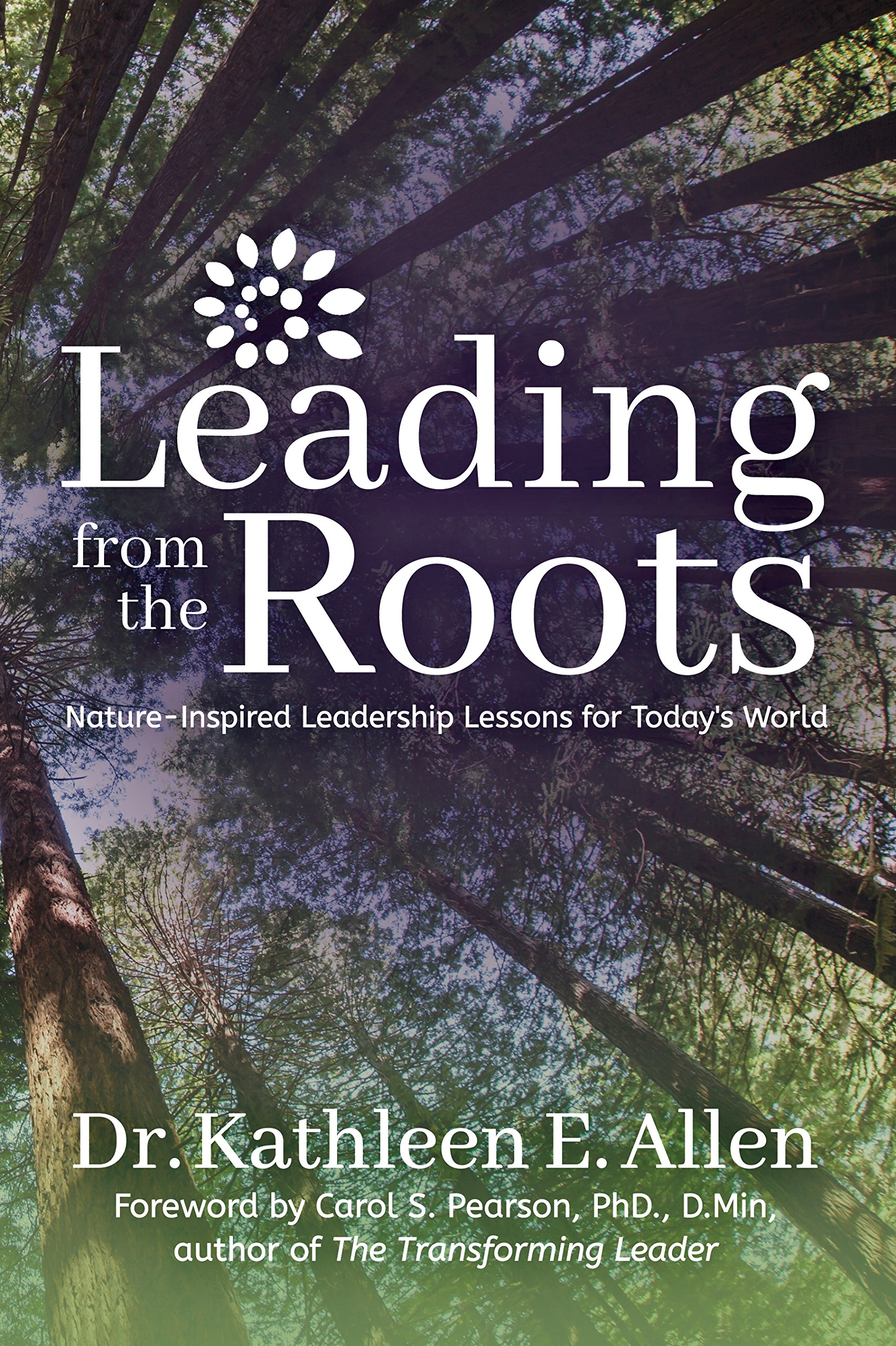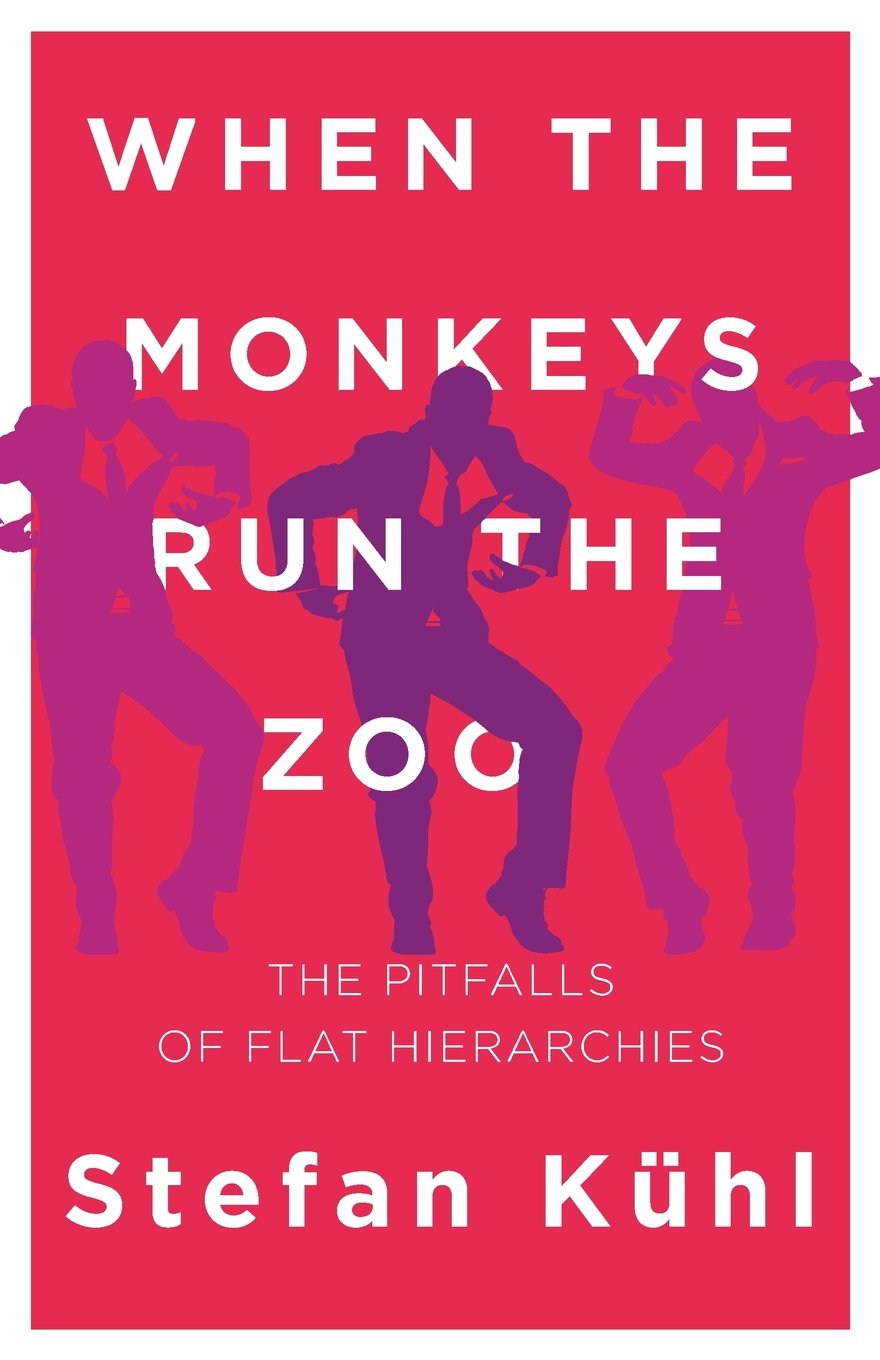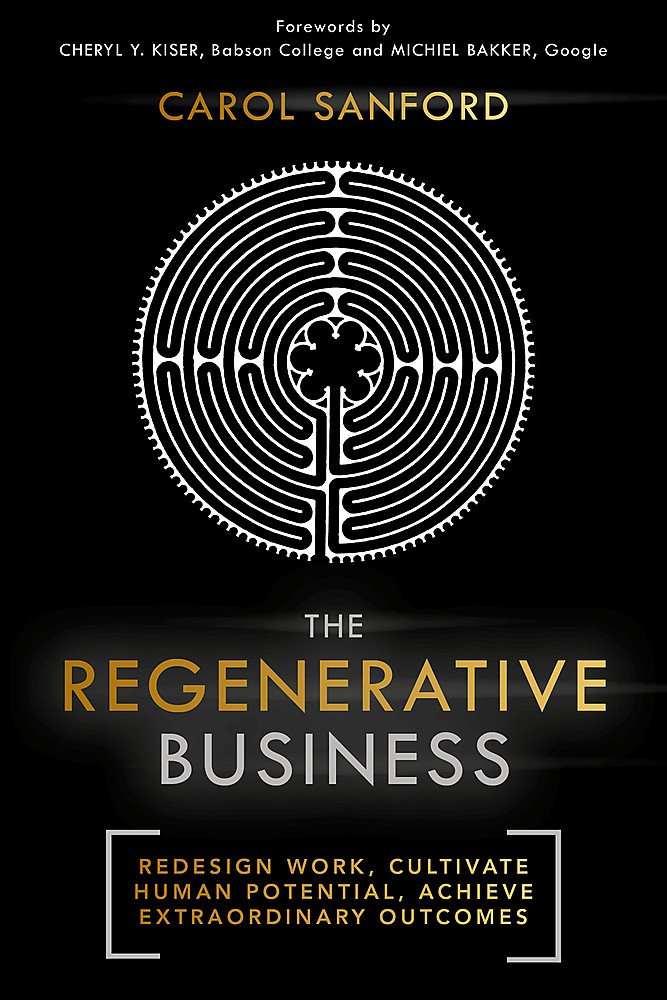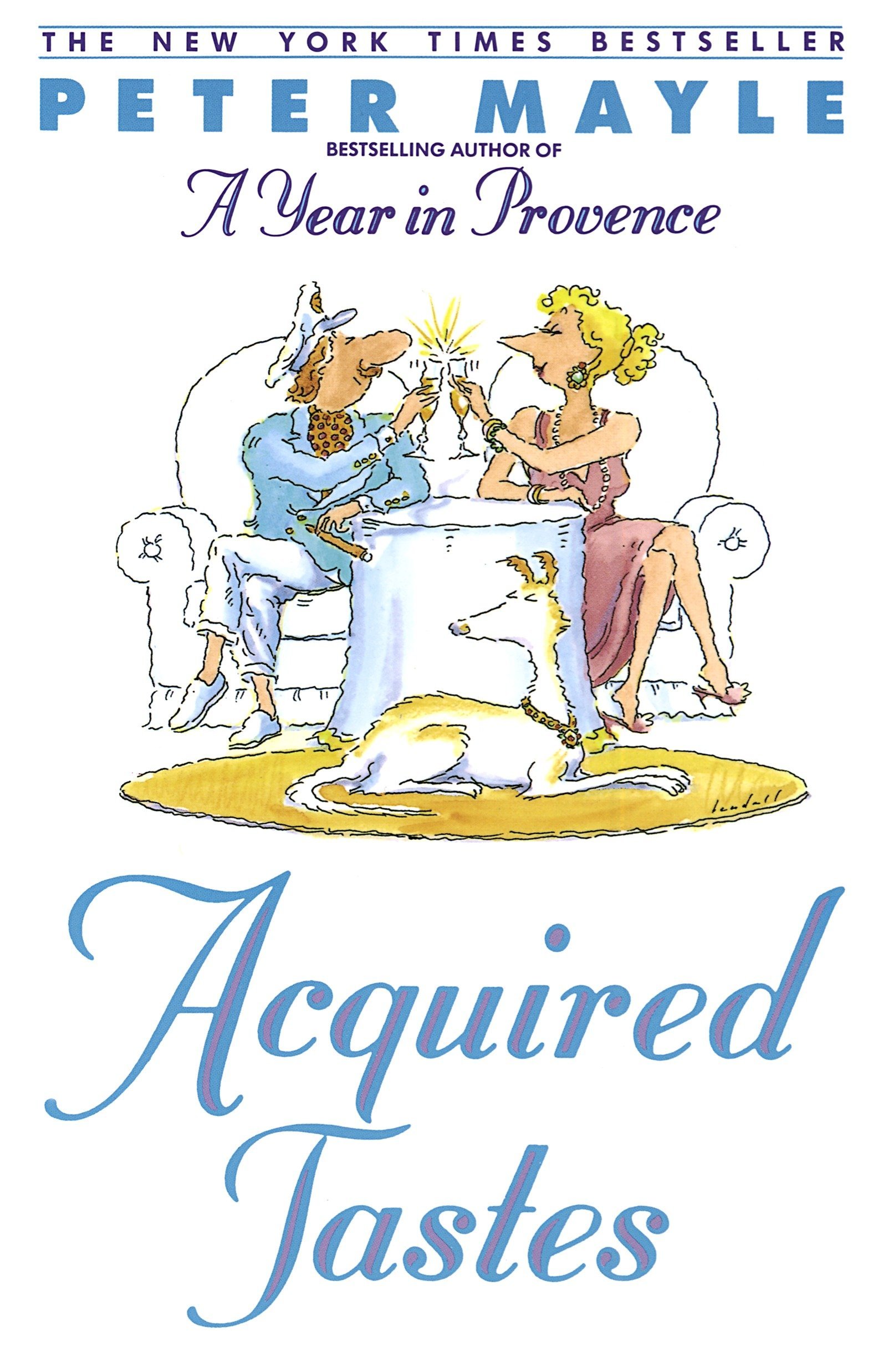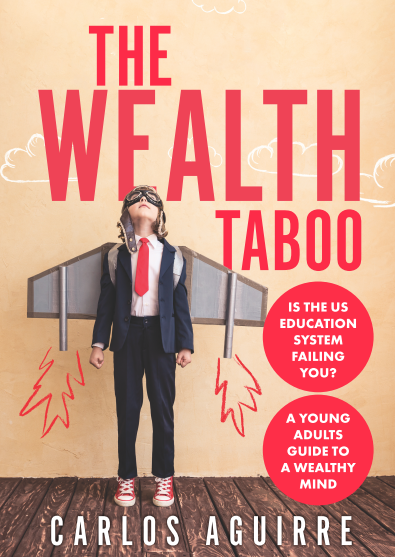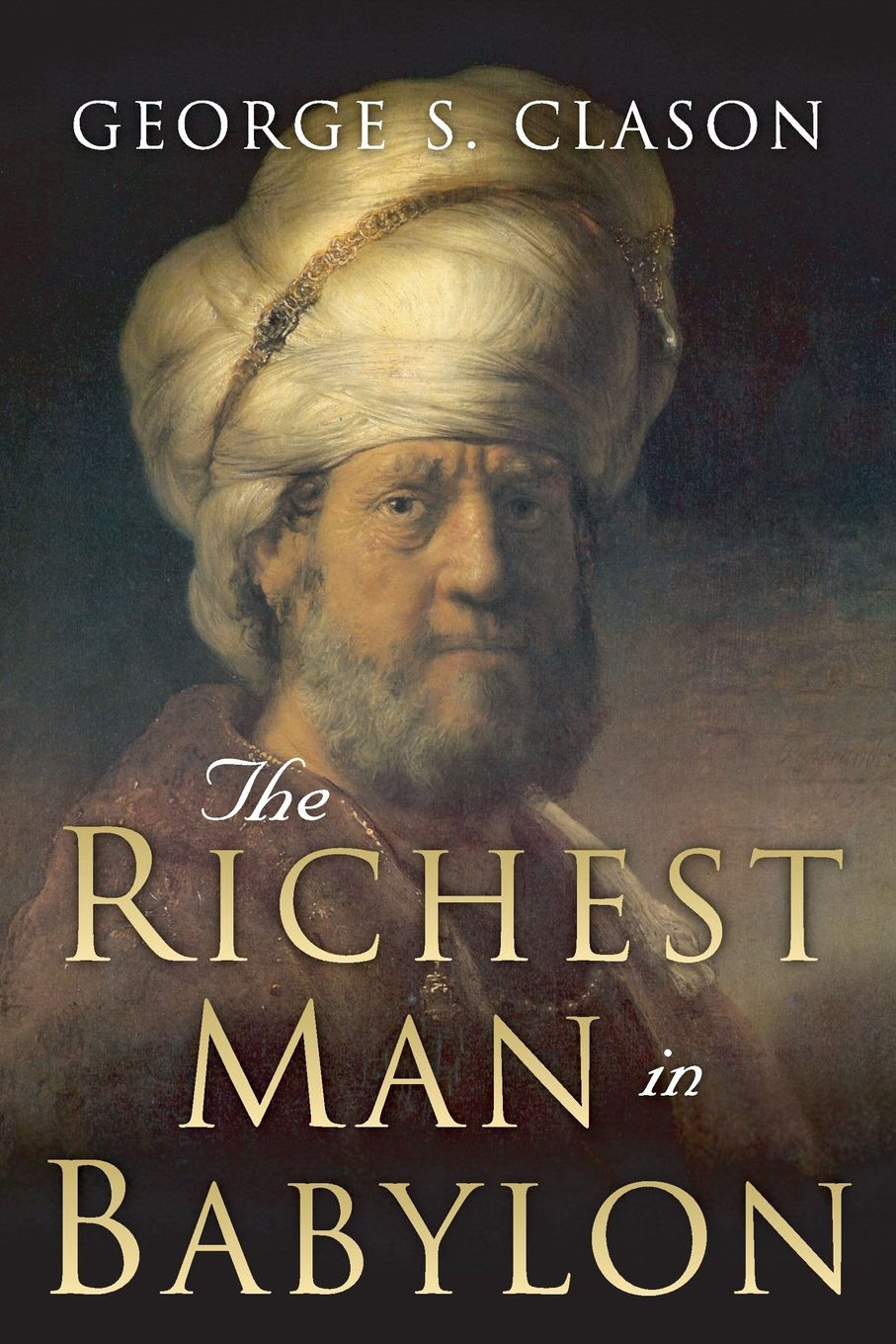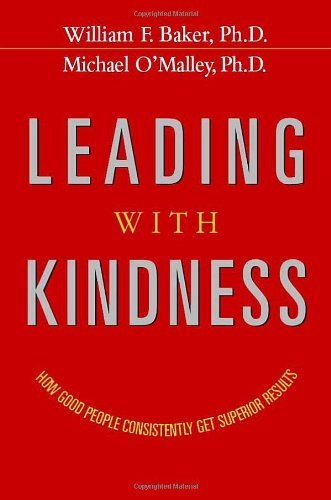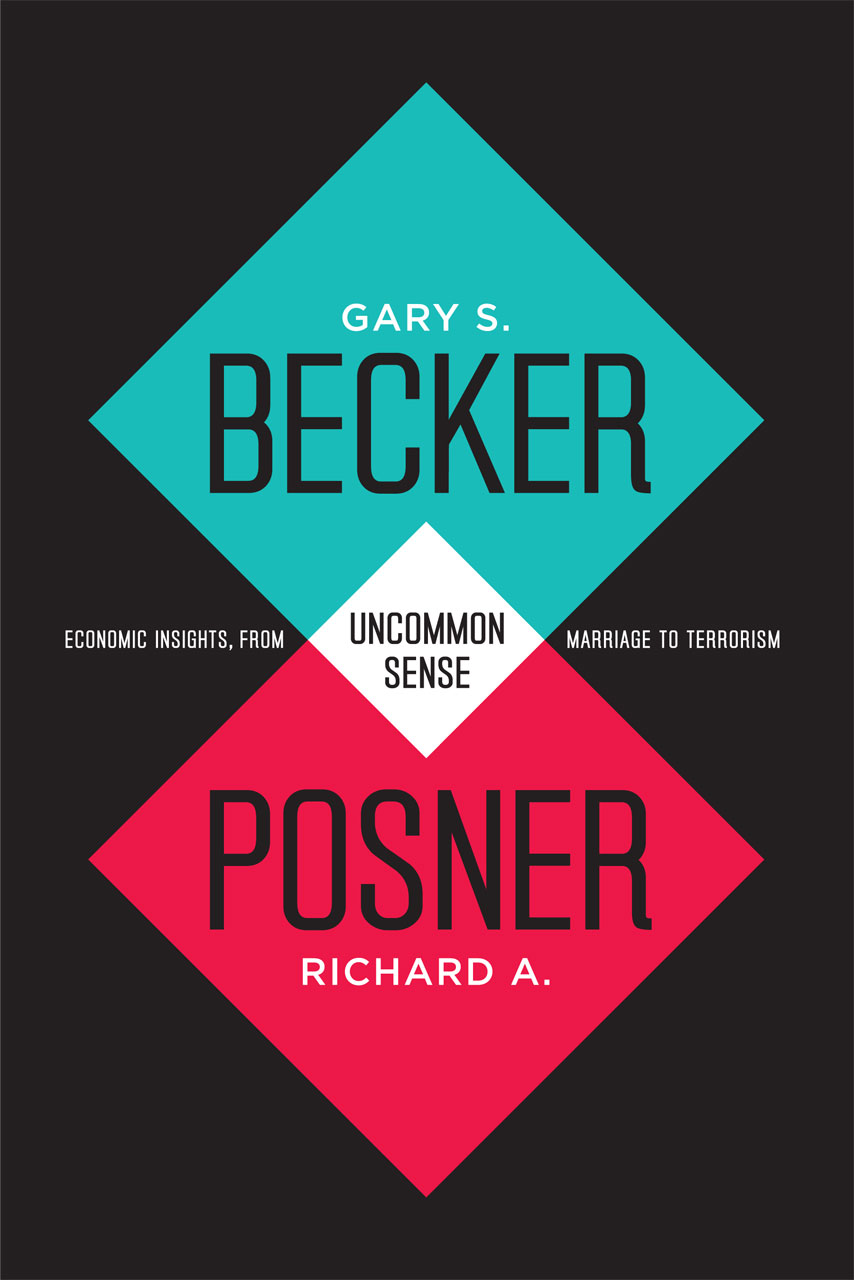The science of art On the scientist/artist scale I am far on the side of science. However, that doesn’t mean that there is nothing to learn from art. If we think of art as a way to represent an aspect of reality, then the chosen medium will alway impose limitations on this representation. The best art finds new ways to overcome these boundaries, taking in new ideas, thoughts and discoveries. It takes sufficiently elaborate mathematics to get perspectives and proportions right, which reflects in renaissance paintings, for example. Yet, modern art brought new forms of abstraction, as artists sought out better ways to depict their message. The creation of art needs a unique worldview, focused, analysing, and abstracting all at once. Unfortunately, this worldview also leads some artist to selling their own canned poop. It would be great to have the visualization and visual communication skills of a painter while keeping a socially acceptable professional behavior, so I was quite thrilled by the title of Think like an Artist, don’t Act like one. It was a little let down for me to find out that de Wilt’s book is just another collection of wisecracking, bon mots and aphorisms about artists…
Review – Leading from the roots Ah, nature! A term that instantly generates positive emotions, ideas of wholesomeness and a feeling of belonging. And yet it is a thoroughly undefined expression that can mean anything you want, if you add some context. Some of its inferred meanings include literally everything in existence everything not explicitly created by humans everything that exists outside of human settlements everything that exists outside of human settlements but restricted to our planet earth the biosphere (all living things) the biosphere, plus viruses the biosphere, excluding humans the biosphere, plus rivers and mountains only static components of a habitat (trees and rivers and mountains and stuff) plants only The list goes on. The questions what is and what isn’t natural are actually quite interesting from a scientific and philosophical point of view. I spent five years in a lab to create bacteria that produce a protein containing a building block that is no other protein in the world has. All the components I used exist naturally, including the building block (it is just not used as a building block anywhere else). Does that make the resulting bacteria a part of nature? I say yes, but others…
Review – When the Monkeys Run the Zoo Early industrial companies were characterized by a strict hierarchy of power and decision-making competency. Giving employees a say in the company’s strategy would be like having the monkeys run the zoo, an indiscretion voiced by Frank Borman, CEO of Eastern Airlines, from which the book derives its title. The modern company is lean, flat, agile, disruptive, kind, regenerative and decentralized. This creates problems. To be specific, author Thomas Kühn identifies three main dilemmas: The three dilemmas of modern organizations The identity dilemma refers to organizational subunits gaining increased autarky. But as companies dissolve into independent departments, profit centers and teams, it becomes unclear, what is within and without of the organization. This way, synergy effects of centralization are lost. Breaking the strict hierarchy of old timey organizations in favor of flat structures clearly improved the quality of life for workers. But it also removed clarity and gave rise to informal communication and decision-making structures. Without a person indisputably in charge, each decision requires involvement of topic experts, division leaders and influencers, and the outcome may depend on individual moods and favoritism. When the Monkeys Run the Zoo calls this the dilemma of…
Review – The Regenerative Business: What is a Regenerative Business? There are a dozen buzzwords describing the modern, desirable company. It is agile, lean, and nimble, disruptively innovative, robust, resilient, antifragile, sustainable and even kind. So what the hell is a regenerative business supposed to be? In the words of author Carol Sanford “Regeneration is a process by which people, institutions, and materials evolve the capacity to fulfill their inherent potential in a world that is constantly changing around them. This can only be accomplished by going back to their roots, their origins, or their foundings to discover what is truly singular or essential about them. Bringing this essential core forward in order to express it as new capacity and relevance is another way to describe the activity of regeneration. In other words, regeneration is the means by which enlightened, disruptive innovation happens.” That’s gibberish. Feel free to introduce fancy concepts like “regeneration”, but please have somewhere in the beginning of your book a chapter that starts with “My idea is about…”, followed by a clear and succinct definition. After reading the entire book, it seems like a regenerative business is one that develops its people and culture to bring…
Review: Recently I reviewed some books on acquiring wealth (this and this and this and this). Acquired Tastes explores some opportunities to spent large amounts of it. Being a famed author with a generous advance, Peter Mayle sets out to indulge in extravagances and vanities to write about them. From Cuban cigars over french truffles to British taylors, Acquired Tastes tells a charming and colorful story detailing the peculiarities of each pleasantry. Good tips how to get the best hotel rooms, too. It’s interesting how little has changed since the early nineties. The rich still wallow in bespoke cloths, luxury food items and posh accommodation. Just add some technological baubles and you have the upstart millenial’s wishlist. If you want a book on the nicer things of life that is a bit witty, a bit silly, a bit funny and a bit inspirational, Acquired Tastes is for you. Key points: Some expensive things are really nice. Some expensive things are nice, but difficult. Some expensive things are boring. Enjoy! Author affiliations: Peter Mayle had a career in advertising before he became an author. He is was known for his autobiographical novels about life in Provence as a British…
Review: Just over a hundred pages is a plenty for a scientific thesis or any other format that presents one particular tiny detail with maximum depth. What can we find between the just over a hundred pages of The Wealth Taboo? The history and mechanism of the global banking system, how to read a balance sheet, personal finance and common financial instruments, the proper mindset, ways to generate income (with examples from a photography business), how to get a loan, the basics of networking, entrepreneurship, portfolio theory, the mechanics of inflation and how to find your purpose. The framing story of The Wealth Taboo is about Aguirre meeting his friends (he calls them his ”little friends”) for a picnic, and generously teaching them the most basic personal finance in a way that is both jovial and patronizing. The friends (they seem to be young adults based on what they do) ask questions so imbecilic that for a long time I thought they were young children. Or dogs. Nothing in The Wealth Taboo is wrong. But none of the many topics raised by the book is explained in satisfying depth. Readers with very little financial knowledge will take away some phrases…
Review: The Babylonians invented money. Unfortunately, not enough of it. The Richest Man in Babylon tells the secret how to acquire wealth, no matter what your current situation is. Does that sound too good to be true? Author George Clason chose to reveal the secret to through a series of unrelated fictional stories of rich and successful Babylonians. In the first story, we learn about the “seven cures for a lean purse”. The second story states the “five laws of gold”, which are basically the same thing. The other stories in The Richest Man in Babylon just hammer home the same points several times more. In a nutshell: keep ten percent of your income, reduce your expenses, invest profitably and get the advice of people that are experts in whatever investments you consider. Easy enough, almost trivial, but indeed the foundation of a future fortune. It is astonishing that not more people live that way. One question The Richest Man in Babylon leaves unanswered is how to spot and identify the good investments. Giving money to a brickmaker to purchase jewels is presented as an example of a stupid investment, because a brickmaker does not know enough about jewels. Then…
Review: Simon de Cintra wants to help you unlock your business voice. What does that mean? Something about communicating better and getting heard. Like, when you are a subject matter expert you could learn to appear more leadershippy to add some gravitas to your speech. Something like that. How do you unlock your business voice, whatever that means? By applying the My Business Voice Methodology®. How do you apply the My Business Voice Methodology®? By using VOICE. The acronym stands for Vocation, Observation, Intention, Casting, Experiment. Let me quote from Unlock your Business Voice for you to clear things up: “The first part of the My Business Voice Methodology®, Vocation, is all about choosing your mindset and therefore your role in any piece of communication that you deliver. This will, and indeed should, vary depending on the situation, but absolutely not according to the personalities involved.” Got that? Did you understand, what the vocation part is all about? Well, I did not, so let’s have a look at the full programme to see if we can deduce the meaning of unlocking your business voice: “VOCATION – my new role requires me to contribute to strategic and therefore potentially ambiguous conversations,…
Review: When it comes to books on leadership, Leading with Kindness is about as generic as it gets. Two leadership educators interviewed a bunch of leaders (with a slight bias to banking and investment) and aggregated their leadership experiences. A good, efficient and ”kind” leader sets expectations, sticks to the truth and focuses on mutual gain and growth. Baker and O’Malley then simply define this set of features and behaviors as “kindness”. The funny thing is, Dale Carnegie wrote pretty much the same in his book How to Win Friends and Influence People – in 1936. I found Leading with kindness very confusing. Books I read are never short of lists, but this one takes the cake. Baker and O’Malley start simply enough with three traits of kind leadership, that get their own chapter each. Every single chapter, however, meanders off into increasingly nested sub-lists that form sub-chapters, with several additional bullet point lists. And in-between the confusing list-within-list structure, some leaders offer their own three or so steps to leadership success. I had problems to keep track of which list-level the passage I was reading belonged to. The authors try to adopt an entertaining, positive tone, but only succeed…
Review: A tall tale of market efficiency, informed choice and the quest for the right discount rate. I’ve been reading on modern economics lately. Some authors challenge dearly held economic assumptions, others use new and radical methods. Uncommon Sense is the old-fashioned kind of economics. The kinda bad kind. Becker and Posner curated a collection of their blog posts, each one written by one author with a commentary of the other. I did not check if the book content was directly taken from the author’s blog, or if some updates have been made. They muse on different topics, arranged by overarching themes, and they offer their economic and legal view on affairs. Applying economic principles to affairs things are not typically appraised by economic value is a neat idea. Bring down any decision to a sum of money that the alternatives will cost or bring in, and everything gets easy. Unfortunately, it doesn’t work all the time. Here are some examples from Uncommon Sense where I believe that the authors go awry. They never think far enough Love is transactional, remember? Becker and Posner would like to take it one step further and define marriage purely as a contractual…


